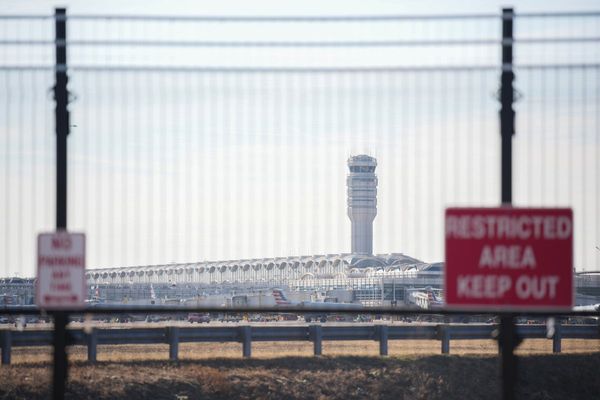
In a humiliating backdown, electricity giant and Australia’s biggest carbon emitter AGL announced the last rites for its plan to split the company this morning, with its planned demerger of its coal-fired power and other generation assets succumbing to building opposition led by major shareholder and tech billionaire Mike Cannon-Brookes.
The decision has forced out the AGL leadership, with chair Peter Botten and CEO Graeme Hunt both set to leave, director Jacqueline Hey resigning immediately and director Diane Smith-Gander leaving in August.
The outcome represents a comprehensive victory for Cannon-Brookes, who was twice rebuffed by AGL in takeover offers with Canadian infrastructure giant Brookfield. The current board is still insistent that the demerger would have been supported by a majority of shareholders, but needed a 75% level of support:
AGL Energy believes that the Demerger Proposal would have been supported by a majority of shareholders, both retail and institutional, many of whom are long-term holders of AGL Energy shares. However, having regard to anticipated voter turnout and stated opposition from a small number of investors including Grok Ventures, AGL Energy believes the Demerger Proposal will not receive sufficient support to meet the 75% approval threshold for a scheme of arrangement.
The battle over the demerger had devolved into a battle between competing visions of AGL’s transition out of fossil fuels: from the AGL board, hiving off fossil fuels into a new company and a long-term plan to completely exit coal by the 2040s; from Cannon-Brookes and other critics, a more rapid transition to renewables and the belief that the new fossil fuel company — to be called Accel but derided universally as “ShitCo” — would struggle to attract much-needed investment.
The end of the Morrison government — which worked desperately to keep Australia shackled to coal-fired power — and the election of a Labor government with a more ambitious emissions reduction goal, along with the dramatic victory of teal independents pushing for much more rapid climate action, only added to the growing headwinds against the split, which was due to be voted on by investors next month.
The failure of a unit at AGL’s Loy Yang A station in Victoria was only the latest demonstration that coal-fired power is increasingly unreliable in Australia — even as the global price of thermal coal soared, driving prices up for households and small businesses. The failure, which will last months, will slash tens of millions from AGL’s profits, the company announced last month.
The uncertainty created among investors about Australia’s energy policy since the ouster of Malcolm Turnbull also helped kill off the merger, even as institutional investors and banks became increasingly reluctant to fund fossil fuel assets. A last-minute pre-caretaker effort by then energy minister Angus Taylor to lock in coal-fired power by dramatically extending restrictions on the closure of coal-fired plants may have also, perversely, damaged the prospects for the split, with investors wary of being forced to keep old, unreliable, expensive coal-fired power plants running to satisfy the Nationals and the climate denialist wing of the Liberal Party.
What’s left of the AGL board will now conduct a strategic review of the company’s direction. Significantly, today’s statement flagged the possibility of an even faster closure timetable for its coal-fired assets:
AGL has been in ongoing discussions with key stakeholders in this regard and believes that the relevant dates for closure of coal-fired power stations will continue to be accelerated … The board is committed to working actively with all stakeholders including government to decarbonise AGL Energy’s business at the fastest rate possible, while ensuring energy system stability, energy affordability for retail and industrial customers, and appropriate shareholder value outcomes.
If the Coalition was still in power, such a statement would have drawn frothy-mouthed rage from Taylor, and threats to regulate the company into keeping its coal-fired power stations running. With the Coalition out of power and federal politics now a decided shade of teal on climate policy, AGL has a much freer hand to make commercial decisions about when to dump its ageing coal generators.
With Taylor touted as shadow treasurer in an opposition frontbench denuded of what little talent it had, it seems he will begin his tenure amid clear evidence of just how damaging his obsession with coal-fired power was — even to coal-fired power companies. If he handles his new job as badly as he handled his energy role, it may be a Julie Bishop-type tenure in the shadow treasurership.







